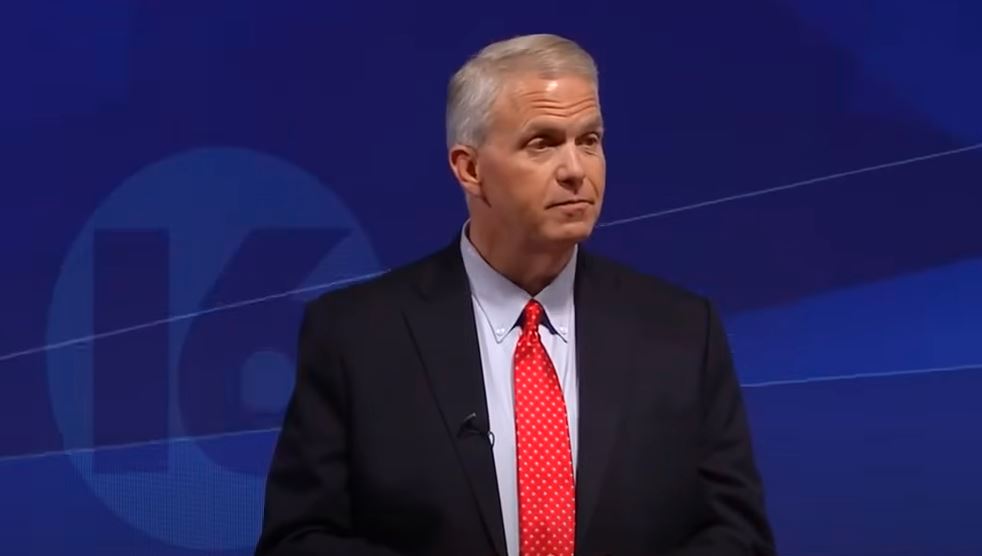In the profoundly entrenched Republican stronghold of Mississippi, a wind of political change is stirring as Democratic gubernatorial candidate Brandon Presley mounts a formidable challenge against the incumbent GOP Governor Tate Reeves.
Presley, a Public Service Commissioner, is pushing the boundaries in one of the most steadfastly conservative states, leveraging a strategy focused on economic issues to appeal to middle-class voters while maintaining a cautious distance from the national Democratic platform.
The Democratic contender, distantly related to Mississippi’s beloved Elvis Presley, brings a local flavor to the race but faces the uphill task of overcoming a state that has leaned heavily Republican for decades. Reeves, running for a second term, capitalizes on a strategy employed by Southern Republicans: painting his opponent as an extension of the national Democratic policies that are largely unpopular in conservative regions.
This strategic move comes as Democrats nationwide seek to replicate the success in states like Georgia, which recently shifted from Republican to Democrat in major elections. While Reeves holds the lead in polls, the gap is not as substantial as expected in such a Republican-friendly state, leading analysts to speculate on the potential for an upset.
The Mississippi race is closely watched for signs of whether Democrats can make inroads in the South. This region has historically been a Republican bastion since the realignment of political parties in the mid-20th century. The journey towards a more competitive political landscape is complex, marked by cultural, economic, and social divides that have long influenced voting patterns.
Mississippi’s Presley: Healthcare, Abortion, and the Battle

Presley’s campaign, which emphasizes his opposition to expanding Medicaid, challenges the incumbent’s stance on healthcare and its implications for the state’s rural hospitals. Simultaneously, Presley deviates from the Democratic norm by expressing his opposition to abortion rights, with exceptions, an approach that seeks to resonate with the state’s more conservative voters.
This electoral battle in Mississippi not only highlights Presley’s attempt to attract moderate Trump supporters but also underscores the larger question of whether Democrats can present a viable alternative in traditionally red states. The outcome of this election will either reaffirm the Republican grip on the South or signal a shift towards a more competitive, two-party system.
Reeves’ focus on tax cuts and business development, juxtaposed with Presley’s attention to healthcare and economic concerns, encapsulates the divergent visions for Mississippi’s future. The debate around Medicaid expansion and its impact on private insurance markets reflects the broader ideological clash between progressive and conservative approaches to governance.
As the race unfolds, it represents more than just a local gubernatorial contest; it’s a litmus test for the Democratic Party’s ability to rebuild and regain influence in the South. While the path forward is daunting, Presley’s campaign is a testament to the evolving political dynamics in the region and the potential for change in America’s political landscape.


Comments are closed.